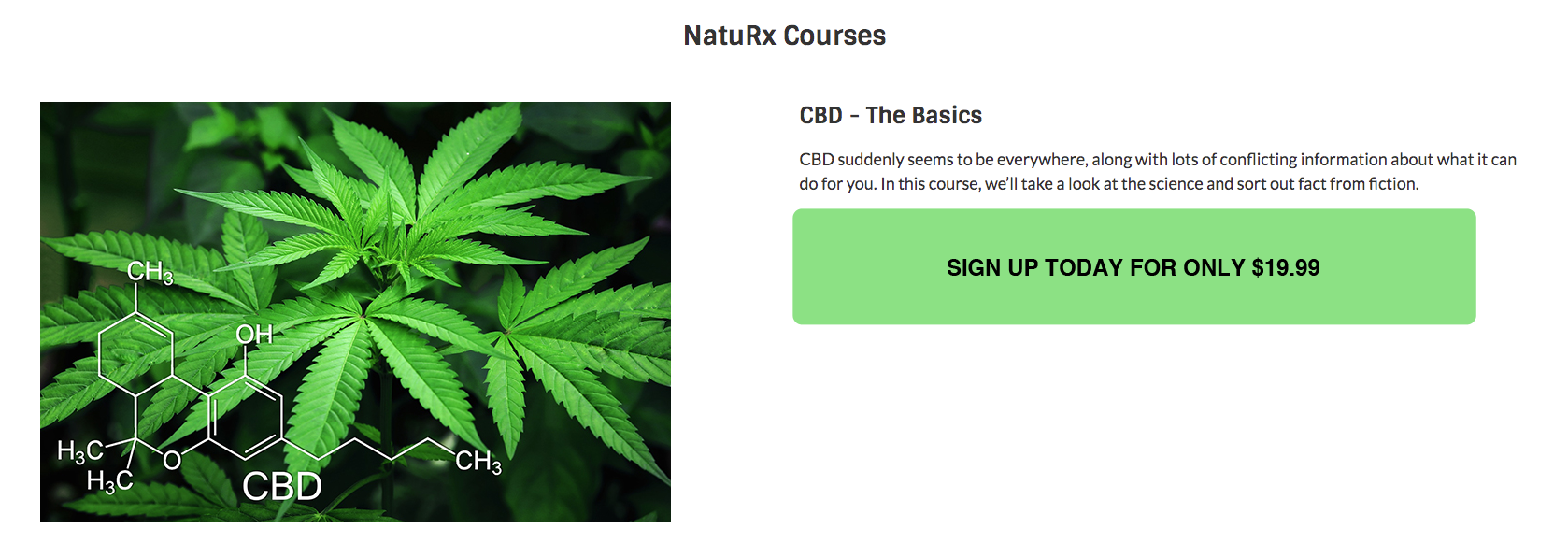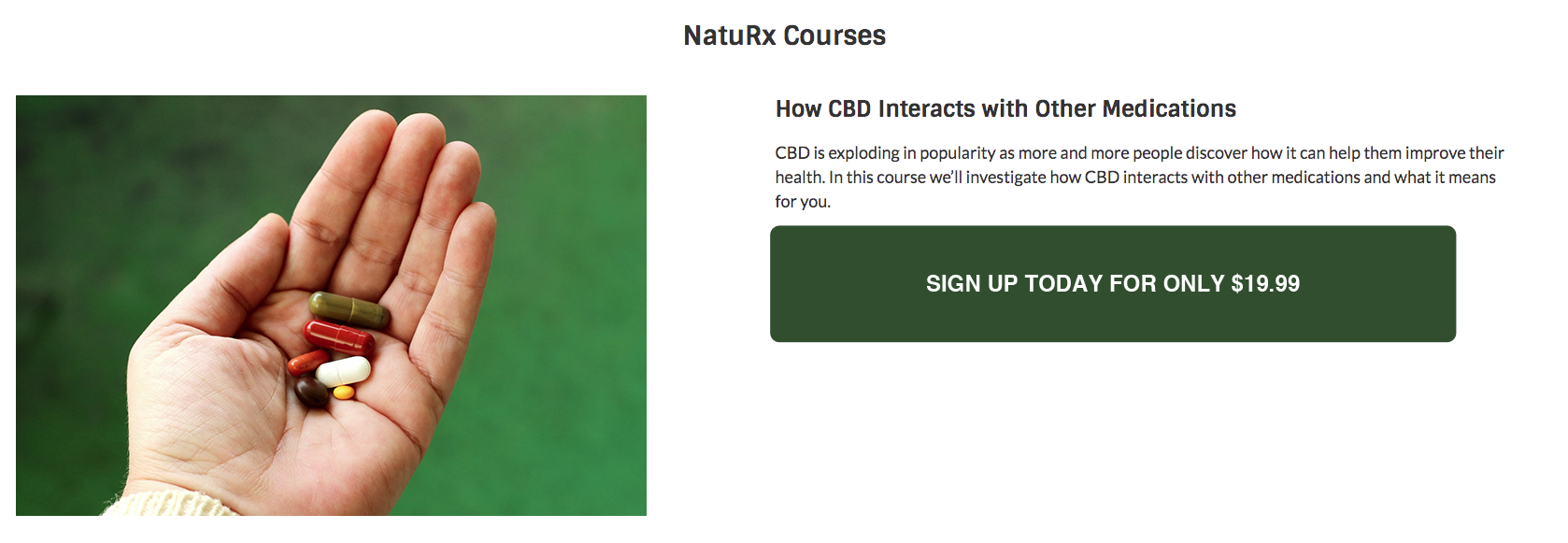What is CBD?
CBD, or Cannabidiol, is a chemical from the marijuana plant which is showing promise in treating a wide variety of ailments. Learn how CBD works.
CBD—or cannabidiol, as it’s known in scientific circles—is one of more than 80 chemicals (called cannabinoids) found in the marijuana plant. But unlike THC, the most famous of the cannabinoids, CBD does not have psychoactive properties (read: It won’t get you high). CBD can be derived from either the cannabis plant or hemp, and it comes in a variety of medicinal forms: flowers for smoking or vaping, edibles, tinctures, gel caps, topical oils, and more.
CBD has been generating a lot of buzz in the medical world for its promise in treating a wide variety of ailments, from epilepsy to anxiety to chronic pain to addiction—and even some health issues in dogs, cats, and horses. A number of studies have demonstrated its effectiveness for an impressive range of health problems, and larger clinical studies that further explore its potential are currently underway.

How CBD Works
CBD exerts its many effects by interacting with different parts of the brain and body—activating some neural receptors and inhibiting others in ways researchers are still working to fully understand. For example, studies have shown that CBD can activate the brain’s serotonin system, which has an anti-anxiety effect; others demonstrate that CBD can raise the levels of certain neurotransmitters that protect against seizures.
What is known: CBD doesn’t activate the same parts of the brain and body (specifically, the cannabinoid receptors CB1 and CB2) that THC does, which is why it doesn’t produce the same euphoric feelings.
Who Can Benefit from CBD?
Research suggests that CBD has anti-seizure, anti-inflammatory, brain-protecting, painkilling, addiction-fighting qualities—among other promising uses. People who might benefit from therapeutic CBD include:
· Those dealing with sports injuries; joint, muscle, or back pain; or other chronic pain
· Veterans (or anyone else) with post-traumatic stress disorder, depression, and/or anxiety
· Patients with arthritis, glaucoma, or gout
· Kids with epilepsy
· Those suffering from neurodegenerative diseases like Alzheimer’s, multiple sclerosis, and Parkinson’s disease
· Cancer patients
· Those dealing with substance abuse and addiction issues

Is CBD is Safe and Legal?
According to the National Institute on Drug Abuse, research shows CBD to be safe and without significant side effects. And as the World Health Organization reported in a 2018 preliminary paper,
“CBD is generally well tolerated with a good safety profile…to date, there is no evidence of recreational use of CBD or any public health related problems associated with the use of pure CBD.”
Note: Though it’s safe on its own, CBD can interact with other drugs—talk to a doctor if you’re taking other medication.
CBD’s legal status is a bit fuzzier. Technically, the Drug Enforcement Administration classifies both marijuana and CBD as Schedule I illegal drugs. But under the 2014 Farm Bill, CBD derived from hemp grown for research (like ours) is exempt from that rule. And in reality, federal officials haven’t been expending much effort prosecuting CBD users, regardless of where they’re getting the substance. State laws on CBD vary quite a bit: States that have legalized recreational cannabis, such as Colorado and Washington, are also CBD-friendly. Other states with medicinal marijuana laws allow CBD, but with restrictions on THC content, intended use, or whether it’s derived from cannabis or hemp.